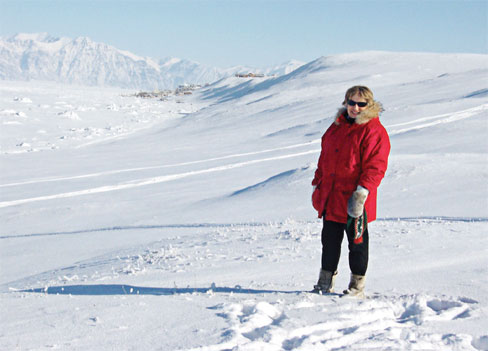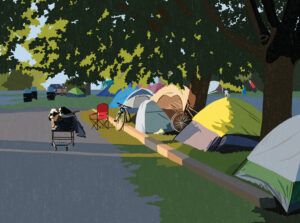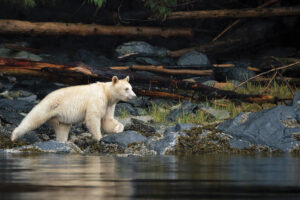
People & Culture
Kahkiihtwaam ee-pee-kiiweehtataahk: Bringing it back home again
The story of how a critically endangered Indigenous language can be saved
- 6310 words
- 26 minutes
This article is over 5 years old and may contain outdated information.
People & Culture

Shelagh Grant’s love for the Canadian outdoors started at the tender age of three, when she began hiking and canoeing with her father. Her fascination with the Canadian Arctic, however, grew over her lifetime. For the past 35 years, she has researched and taught others about the history and sovereignty of this often-overlooked frozen realm.

The author, historian and Royal Canadian Geographical Society Fellow has dedicated her career to Canadian and Arctic studies. In 1981, she completed a joint honours B.A. in history and Canadian studies at Trent University, in Peterborough, Ont. Two years later, she earned her master’s degree in history and went on to teach the subjects at her alma mater, where she is now an adjunct professor.
One of the highlights of her life’s work came in 2010 when her book Polar Imperative: A History of Arctic Sovereignty in North America was published. In 2011, that title won her the Lionel Gelber Prize, which recognizes non-fiction works on foreign affairs, making her the first Canadian woman — and the second Canadian ever — to win.
“I was never one to get excited about winning awards,” says Grant, “but this was different. I felt that I was accepting the award on behalf of all Canadians and that it would provide incentive for future authors writing on global affairs.”
Grant remains focused on furthering Arctic education with initiatives such as the Shelagh Grant Endowment Award, which offers funding for graduate students in Canadian studies and indigenous studies.
Find out more at www.shelaghgrant.com.
Are you passionate about Canadian geography?
You can support Canadian Geographic in 3 ways:

People & Culture
The story of how a critically endangered Indigenous language can be saved

People & Culture
For unhoused residents and those who help them, the pandemic was another wave in a rising tide of challenges

People & Culture
Indigenous knowledge allowed ecosystems to thrive for millennia — and now it’s finally being recognized as integral in solving the world’s biodiversity crisis. What part did it play in COP15?

Wildlife
How ‘maas ol, the spirit bear, connects us to the last glacial maximum of the Pacific Northwest